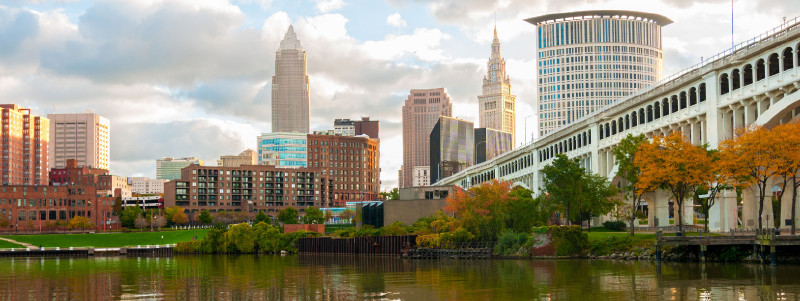
Prior to the arrival of the NBA Finals and the Republican convention in Cleveland, Ohio in July 2016, Cuyahoga County passed a short-term rental bill that requires Airbnb to collect a 5.5% County lodging tax. Just in the nick of time, the City of Cleveland also passed a 3% transient occupancy tax on hotel rooms and short term stays of less than 30 days. Prior to the passage of the laws, the city only defined a hotel as a facility with at least five rooms, which let Airbnb rentals off the hook for charging tax. Airbnb is now required to collect these taxes to make sure that the governmental agencies receive the money.
Taxing Short Term Rentals The Issue In Cleveland
Unlike many other major cities, Cleveland does not have the type of housing shortage that Airbnb has exacerbated when owners take long term rental properties off the market and rent them for short periods of time. However, when visitors come to town, they increase the burden on police and fire departments and get an additional advantage by paying no occupancy tax on Airbnb rentals, while traditional hotels must collect them.
Cleveland legislators made it clear that they did not want to ban short-term rentals but just regulate and receive tax revenue from them. As City Councilman Kerry McCormack noted “Passing clear, simple rules for home-sharing is a win-win for Cleveland.” Citizens can share their homes to make ends meet, while businesses benefit from visitor spending, and the city can “harness the economic impact of home-sharing through additional tax revenues.”
While Clevelanders have minimal restrictions on renting out their home throughout the year, they must add their property to the city’s rental registry if they rent it out to guests for more than 91 days per year Although Airbnb will continue to collect the tax, monitoring services are important to pick up potential violators.
